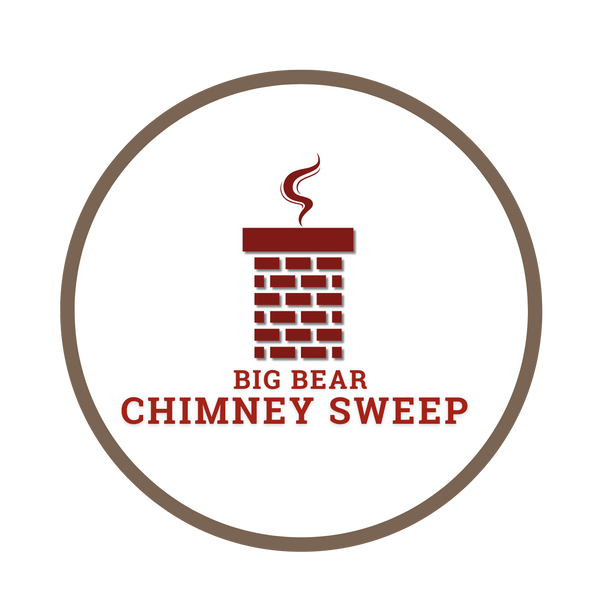
Is It Safe to Use My Fireplace Without Cleaning the Chimney?
Share
Fireplaces provide warmth, comfort, and a cozy ambiance during colder months, making them a beloved feature in many homes. However, as much as we enjoy using them, it's important to remember that fireplaces require proper maintenance to function safely. One critical aspect of fireplace care is chimney cleaning. But how often should you clean your chimney, and is it safe to use your fireplace without doing so?
The Importance of Chimney Cleaning
The chimney plays a vital role in venting smoke, gases, and other by-products from the fire safely outside the home. Over time, creosote—a highly flammable substance—builds up inside the chimney as a result of burning wood. This build-up can cause dangerous blockages and increase the risk of a chimney fire.
Here are some reasons why chimney cleaning is crucial:
-
Prevent Chimney Fires: As creosote accumulates, it can ignite, causing a chimney fire. These fires can spread quickly and lead to extensive property damage or even injury.
-
Improve Airflow: A clean chimney ensures proper airflow, allowing smoke and gases to escape efficiently. This reduces the risk of smoke backdrafting into your living space, which can be hazardous to your health.
-
Extend the Life of Your Chimney: Regular cleaning helps maintain the integrity of your chimney, preventing costly repairs and prolonging its lifespan.
Risks of Using a Fireplace Without Cleaning the Chimney
Using your fireplace without cleaning the chimney can pose several risks. Here are some dangers to consider:
-
Increased Risk of Fire: As mentioned, creosote is highly flammable. If your chimney is clogged with creosote, it can easily catch fire when you light the fireplace, leading to a dangerous situation.
-
Carbon Monoxide Poisoning: Blockages in the chimney can cause smoke and carbon monoxide to back up into your home. Carbon monoxide is a colorless, odorless gas that can be fatal in high concentrations. If your chimney is not properly maintained, it may not effectively vent these gases outdoors, putting you and your family at risk.
-
Structural Damage to Your Chimney: Over time, neglecting to clean your chimney can lead to structural damage, such as cracked mortar or deteriorated brickwork. This can result in costly repairs and compromise the safety of your home.
How Often Should You Clean Your Chimney?
The National Fire Protection Association (NFPA) recommends having your chimney cleaned at least once a year, regardless of how often you use it. However, if you use your fireplace frequently or burn wood with high moisture content, you may need to clean your chimney more often. Signs that it's time to clean your chimney include:
-
A strong, smoky smell in your home
-
Excessive soot buildup around the chimney or fireplace
-
Difficulty starting or maintaining a fire
-
Blackened or scorched areas around the fireplace
Can You Clean Your Chimney Yourself?
While some homeowners may attempt to clean their chimneys themselves, it’s generally best to hire a professional chimney sweep. Chimney cleaning involves using specialized tools to remove creosote and debris safely and effectively. Professional chimney sweeps also conduct inspections to identify any potential issues that could pose a safety risk.
Conclusion
In short, it's not safe to use your fireplace without cleaning the chimney. Regular maintenance and cleaning are essential for ensuring the safe operation of your fireplace and preventing dangerous situations like chimney fires and carbon monoxide poisoning. If you're unsure when to schedule a cleaning, it’s always better to be proactive and have your chimney inspected by a professional. Your safety—and the safety of your home—depends on it.
